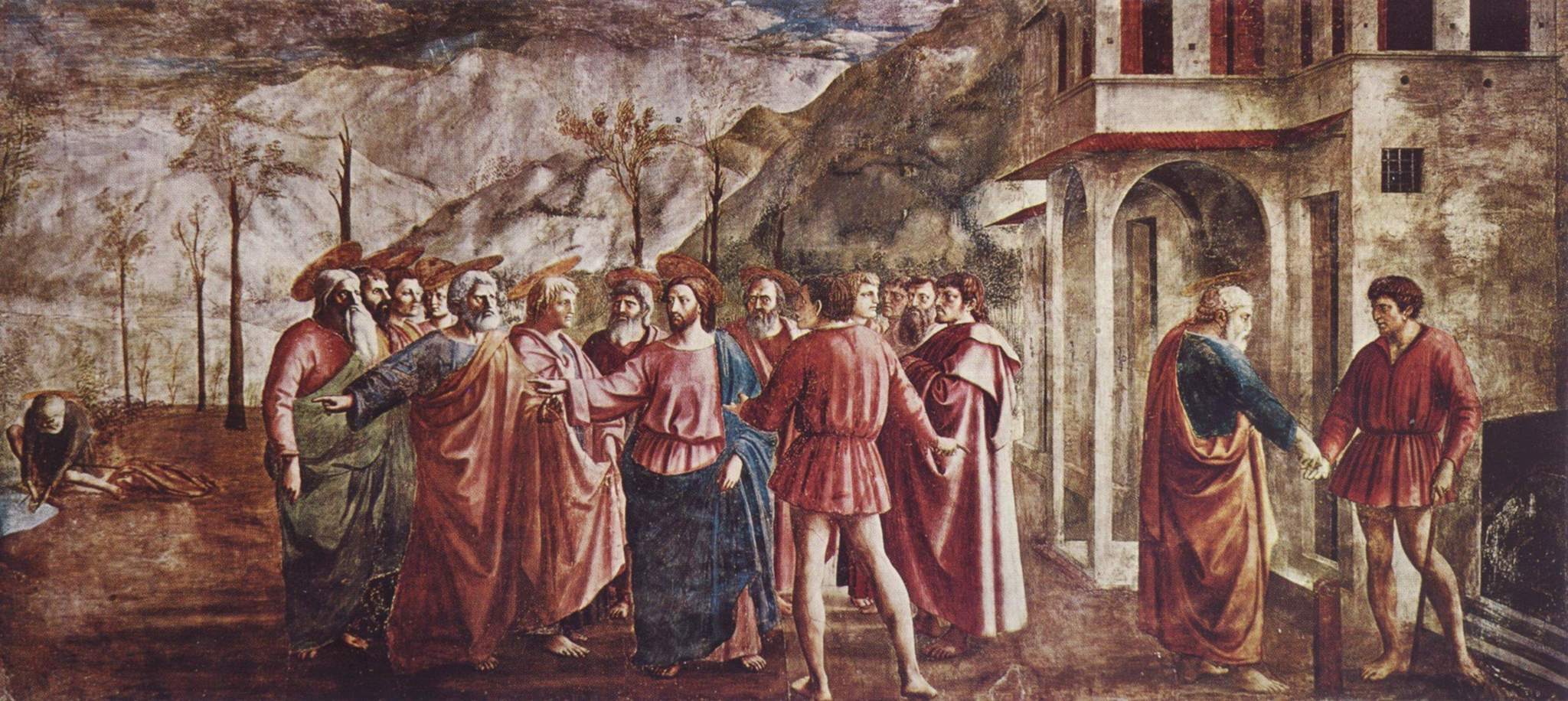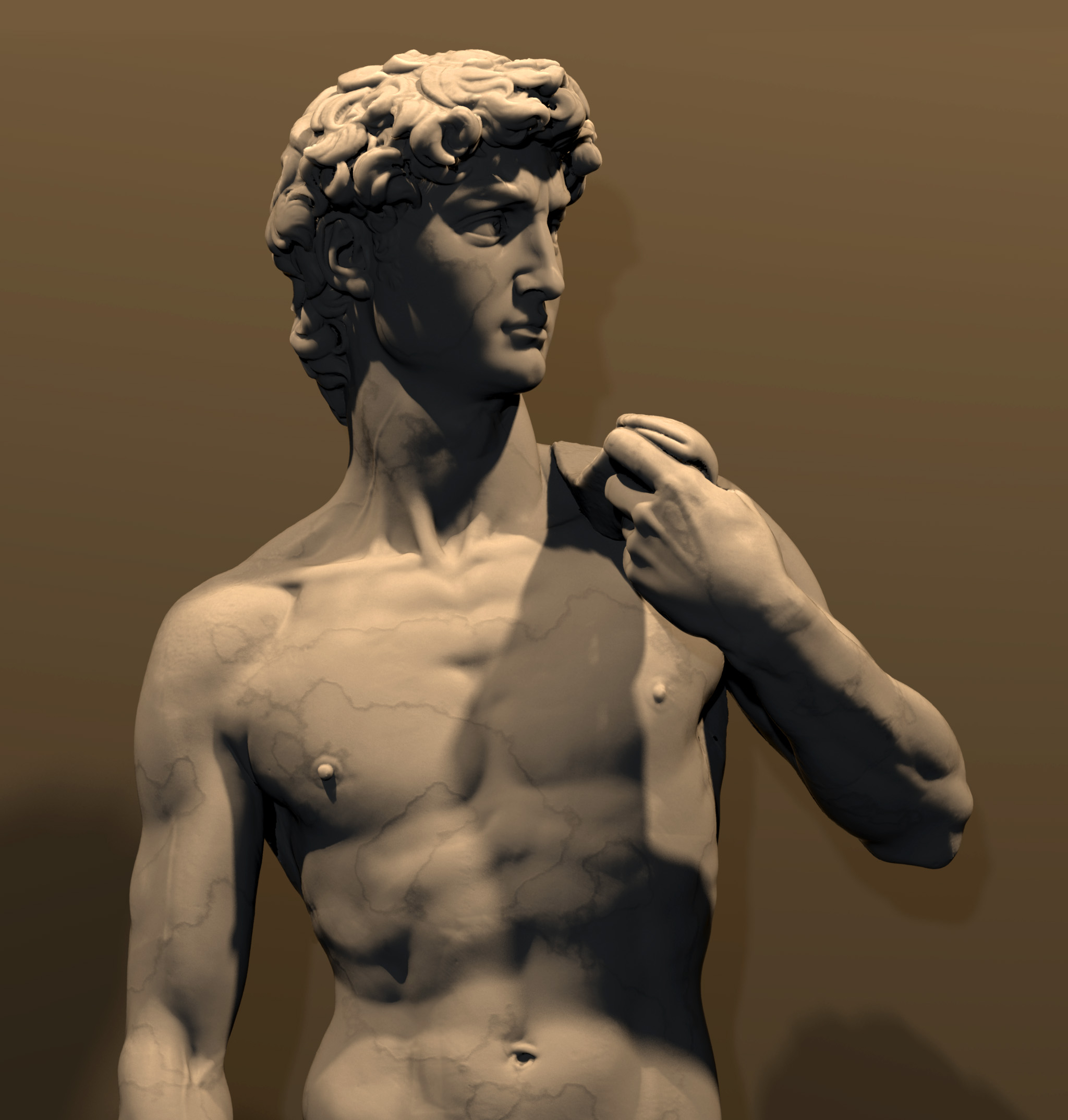Donatello was born in Florence Italy in 1386. He died in December 13 1466. His father was a part of the Florentine Wool Combers Guild. That means he is a son of a craftsmen and will be trained for that. He trained with the Maretllis, they were a wealthy family. He learned his art from a gold-smith. He became a very famous sculptor. He was the greatest Florentine sculptor in his time before Michelangelo. He was the most influential individual artist in the 15th century.
Donatello sculpted some very famous sculptures in his lifetime. One of the most famous ones is the Saint George, and that is located in the guide-hall of Orsanmichelle. Another one of his famous works was the sculpter David.
He was a very succesful sculptor in his time.




